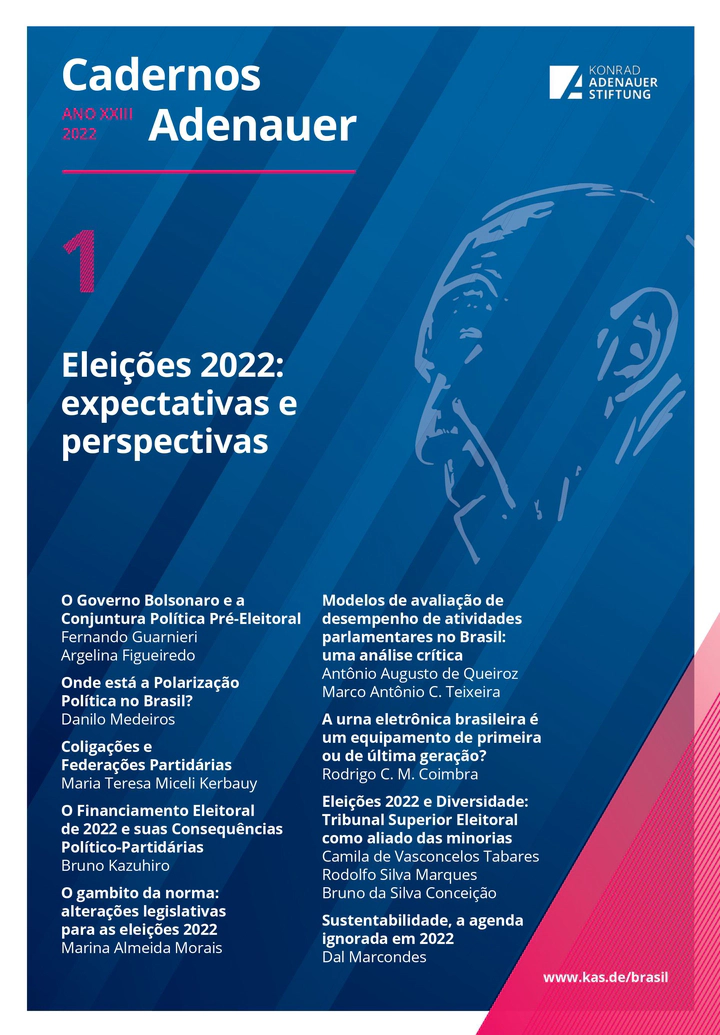
Abstract
Contemporary Brazilian politics is frequently described as "polarized" by academics, journalists, commentators, and the general public. This term often implies a crisis and dysfunctionality, similar to descriptions of other democracies. But what exactly does political polarization entail? Is it occurring only among the electorate, or also within parties and among parliamentarians? How has this phenomenon developed in Brazil and other countries? This essay aims to answer these questions and contribute to the discussion about the interaction between the preferences and interests of representatives and those they represent. To this end, I provide an overview of the literature and present data specific to the Brazilian case. Finally, I discuss the possible impacts of polarization on the 2022 elections and the future of democracy.